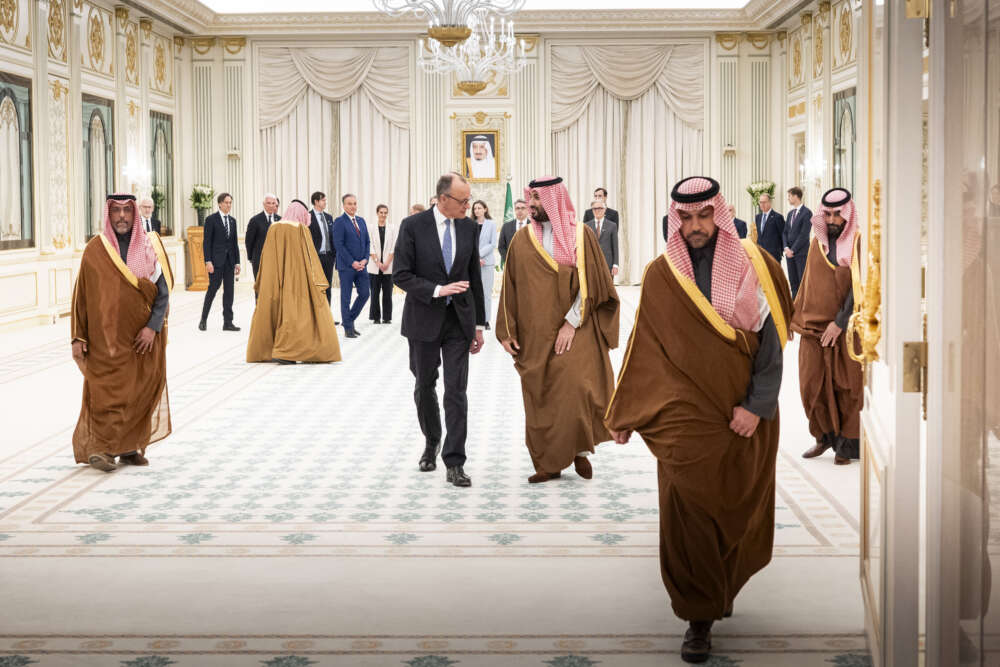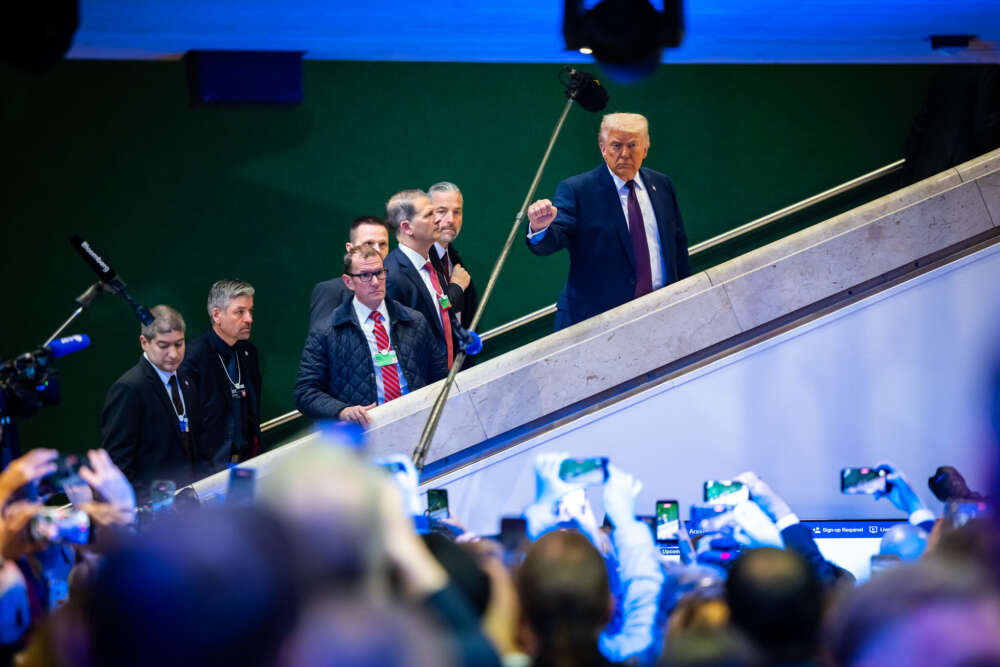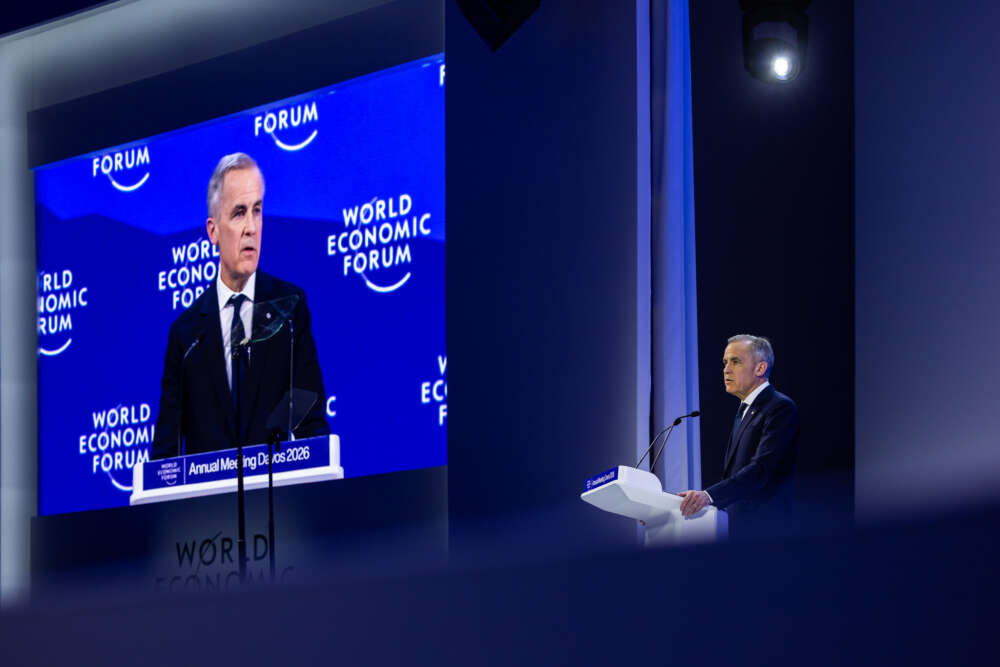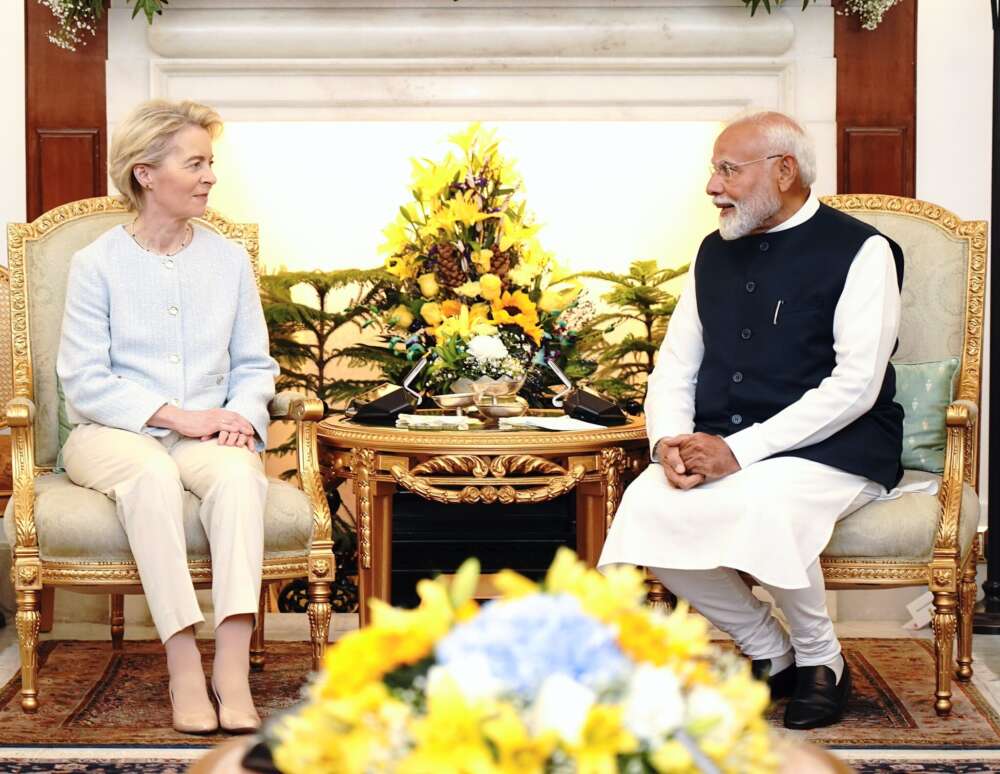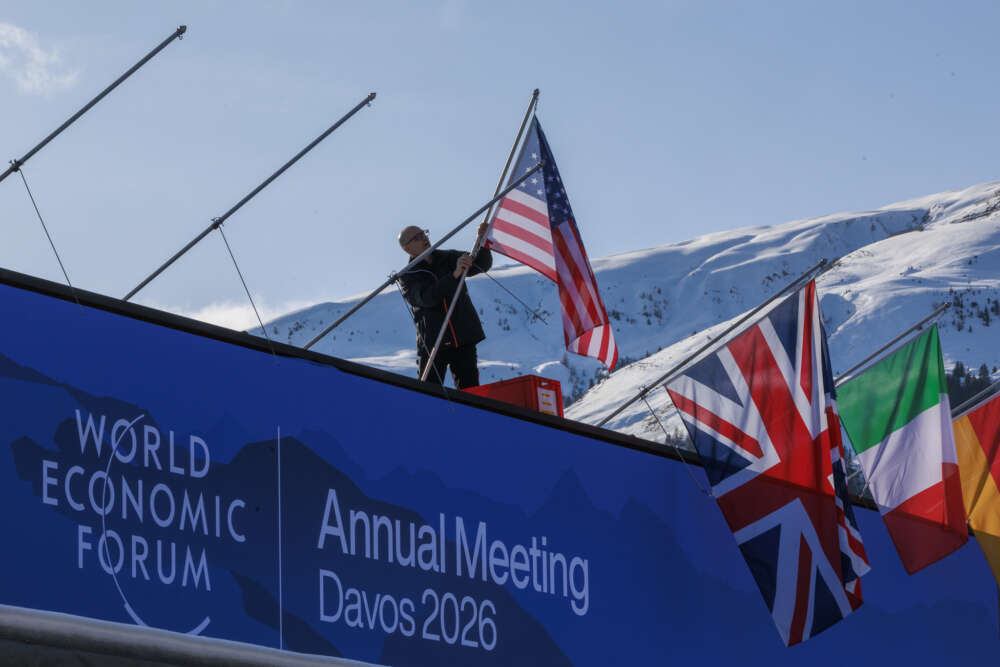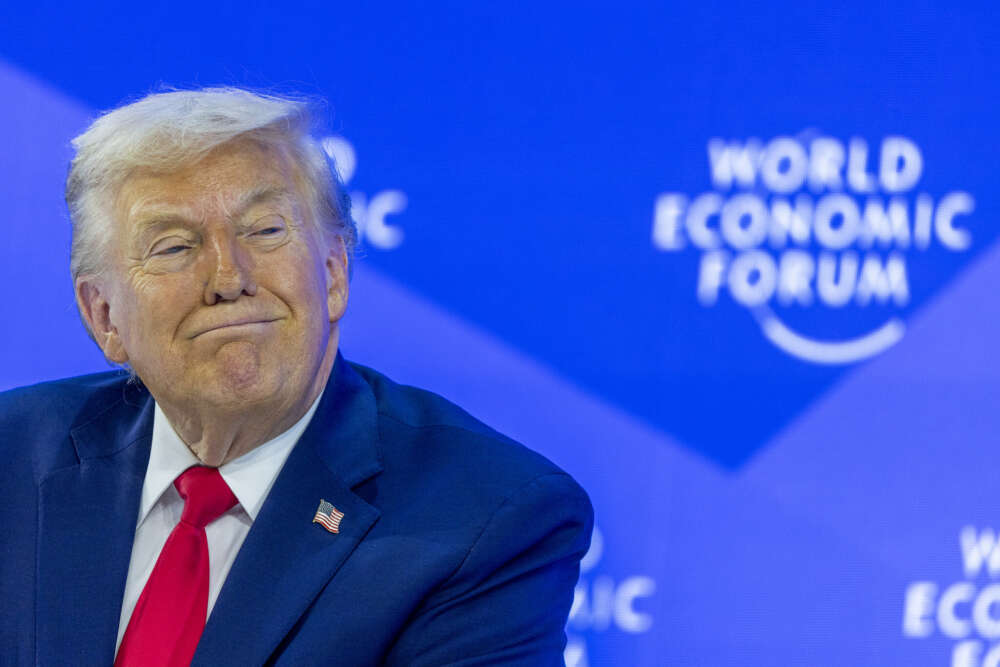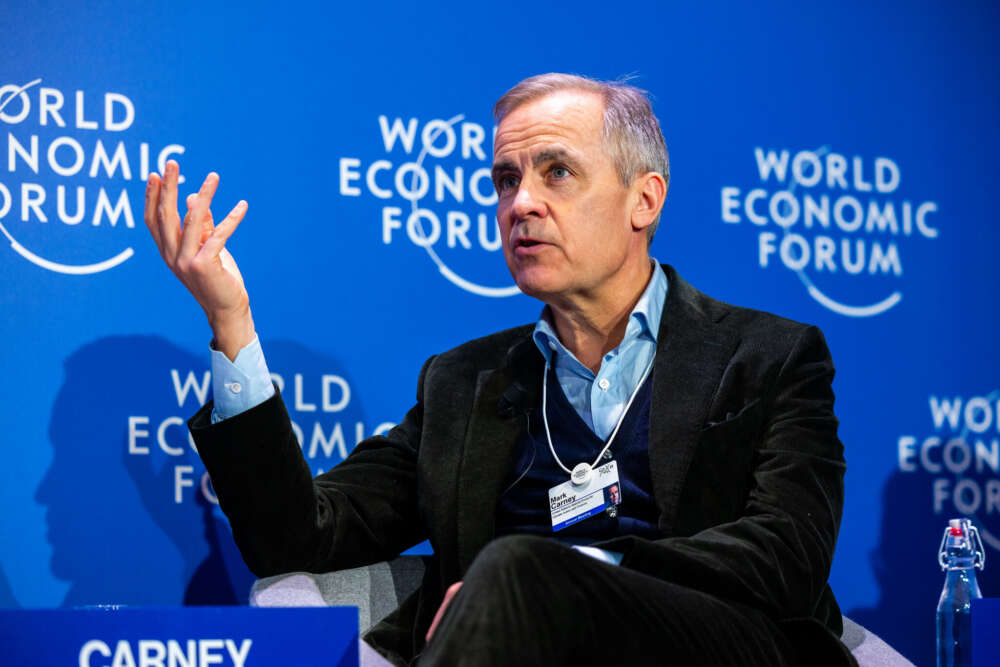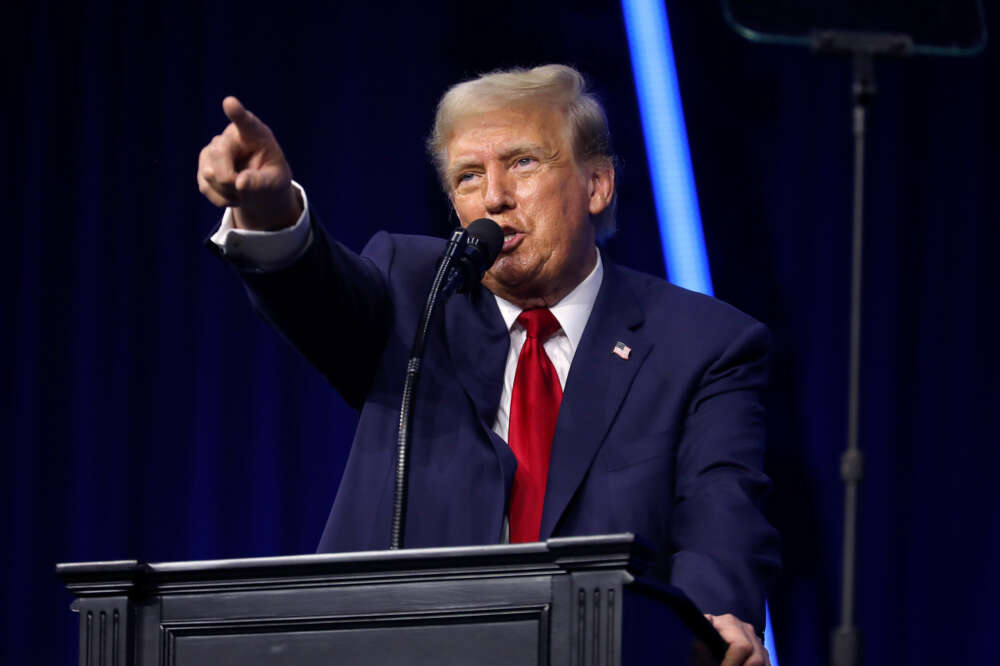Investing in the Indian-German Security Partnership
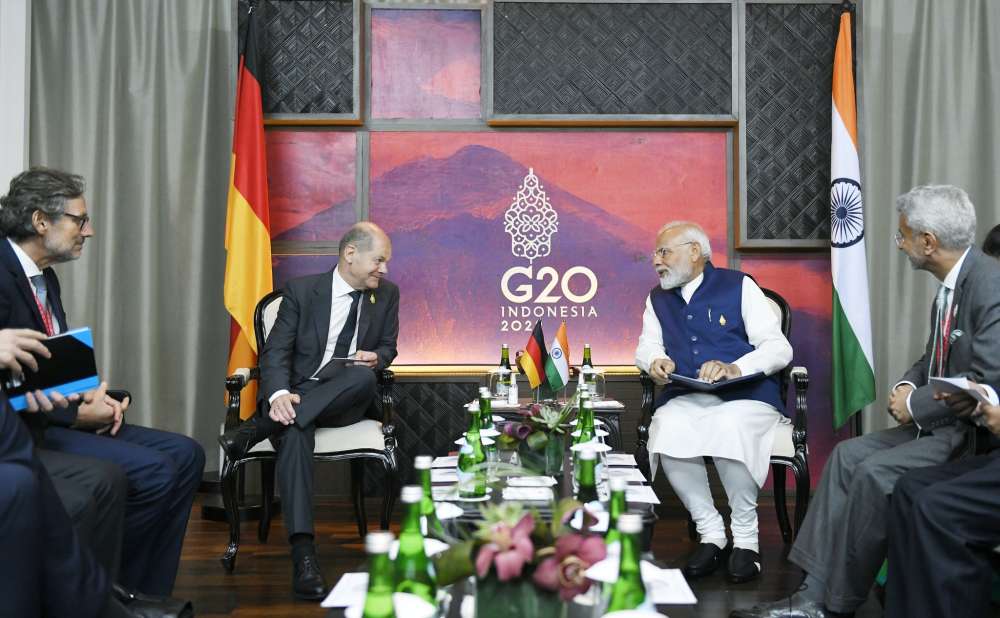
The German coalition government is notoriously divided on many issues, but everyone is pulling in the same direction to deepen relations with India. This Friday, German Chancellor Olaf Scholz and seven ministers will take part in the Indo-German Intergovernmental Consultations (IGC) in New Delhi. Together with India’s Prime Minister Narendra Modi, he will also contribute a keynote address to the German business flagship Asia-Pacific Conference that takes place in Delhi this year.
Just in time for this high-profile celebration of Germany-India ties, the German government has adopted “Focus on India”, a policy statement that outlines ways to take the Indian-German “strategic partnership” to the next level. What is remarkable about this first comprehensive India strategy is not so much the focus on the economy, technology and sustainability. Unsurprisingly, the government outlines ways to expand economic relations with the fastest growing G20 economy. The potential is obvious: today, German trade with India is only a tenth of that with China. And it is also crystal clear that the world cannot successfully tackle the climate crisis without the world’s most populous country at the center of the efforts. What is new is the emphasis on India as a “security partner”: “both in the continuous efforts to find strategic convergence on key foreign and security policy challenges and through practical cooperation between our armed forces as well as reliable armaments cooperation,” as the paper outlines.
Indeed: it is high time to correct that India has barely played a role in German security policy discussions until now. After all, a balance in the Indo-Pacific, the decisive region of the coming decades, and the prevention of Chinese hegemony is only possible with a strong India. At present, the Indian military is too weak to form a powerful counterweight to China — and, for historical reasons, is also too dependent on Russia as the provider of a lot more than half of Indian weaponry. It is in Germany’s and Europe’s interest to help reduce this dependence on Russia. To this end, the German government has agreed to massively reduce barriers to arms exports and to promote greater cooperation between German and Indian defense companies. As leading Indian scholar Raja Mohan points out, the „negotiations on the acquisition of submarines from Germany could provide the proof for the Germany commitment to help modernise India’s defence industrial base.” It is also the right signal that the German air force completed the first joint exercise on Indian soil in August. This month, the German navy conducts a joint exercise as part of the “Indo Pacific Deployment 2024″ with the Indian Navy, including a port visit of the frigate “Baden-Württemberg” in Goa. Continuing on this path, in the words of Raja Mohan, promises to lend “long missing geopolitical heft to the Indo-German relationship.”
To make the most of this partnership, a clear view of the opportunities and limits of “strategic convergence” is necessary. Beijing’s massive aggression against India in the border region on June 15, 2020, in which 20 Indian soldiers died, marked a turning point for Delhi. Prime Minister Modi has since pursued a much more critical China policy. In previous years, Modi had invested heavily in relations with Xi Jinping. In light of the threat posed by an aggressive China, Delhi decided to massively expand military and technological cooperation with the United States, including within the framework of the Quad together with Australia and Japan. There is still a lot to be done, especially in the area of economic security: India can only contribute to the German and European de-risking of China if it itself becomes less dependent on supply chains running through China. It is precisely because Delhi fears an aggressive China that it will maintain close relations with Moscow. A Sino-Russian alliance directed against India is Delhi’s nightmare.
As part of its “multi-alignment” foreign policy, India will continue to stick to formats like BRICS, as Modi’s visit to the BRICS summit in Kazan this week underlines. Allegations of murders and attempted murders of Khalistan separatists in Canada and the US with involvement of Indian intelligence also raise questions about what kind of great power India wants to be. This makes it all the more important to intensify dialogue with India beyond the government level, also together with other partners from the Indo-Pacific. The German-Australian parliamentary exchange in Delhi and Mumbai this week as part of the Robert Bosch Stiftung’s “Global Dialogue” program seeks to make a contribution to this. The public sector, foundations and the private sector need to invest massively in expanding India expertise in Germany.
A German version of this commentary was published in Tagesspiegel on October 23, 2024.
